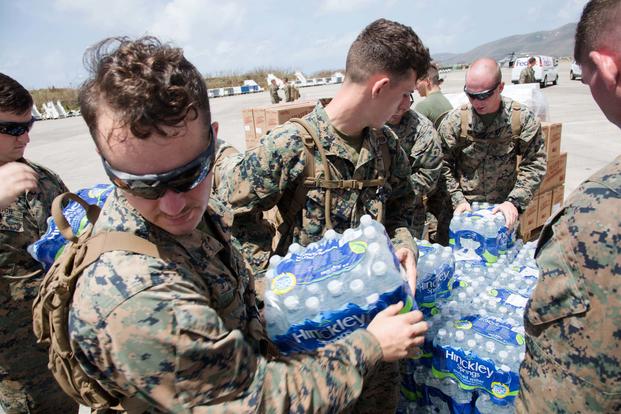September is National Preparedness Month: 30 days dedicated to the promotion of family, disaster, and emergency planning. It's a time when millions of Americans across the country take stock of their own preparedness efforts, and examine ways to secure their future.
This year, the theme of week one was "Save Early for Disaster Costs," which stresses the importance of establishing a healthy emergency fund to safeguard your family's finances in the event of a disaster. Financial preparedness is perhaps one of the most important aspects that can save families -- both literally and figuratively -- during emergency situations. That's why having a savings strategy is critically important to tide you over in a pinch.
Saving isn't everyone's first instinct. It's hard to budget and exert self-control, even when you are preparing for the expenses you can see coming, much less the ones that exist only in the abstract. Having a financial safety net offers significant peace of mind to know you can quickly recover when a need pops up. And when it comes to emergency preparedness saving, it's not if, but when, you'll need to cover an unexpected expense.
However, saving in preparation of some far-off event doesn't always have a negative connotation.
When I first started my career at Navy Federal, I didn't have two nickels to rub together. I was saving up for a wedding, trying to plan a honeymoon and still paying down the engagement ring.
I followed all the finance basics I learned growing up: I paid all my bills on time, set a budget and didn't live beyond my means. But I was just staying afloat. Even in my honeymoon search, I kept my options limited to find a place my wife and I could go without breaking the bank. When I dug into a dream destination, I realized it was just out of our reach.
Realizing this, I explored my savings options. I compared rates, deposit minimums and checked to see whether there were options to continue adding to the account as I needed. Eventually, I found a certificate of deposit, or "CD," that worked for me. It took only a small initial purchase, but the option allowed me to make additional deposits, which is rare for a CD. I got a great rate and was even able to pick my own length of term.
This allowed me to develop my savings habits by growing my nest egg, little by little. Before long, I was able to save enough for the honeymoon of our dreams and set in motion the process of becoming a lifelong saver.
Making just a few small changes to my lifestyle helped me prepare for all the unexpected things that lay ahead of me. Today, I am the father of two teenage boys who currently need money for camp and after-school activities, but eventually will need help with bigger expenses such as cars and college.
There was no way I could have predicted all those costs in my early twenties, but I prepared for the whirlwind of being a parent, even if I didn't know if or when my children would join our family. I matured, my finances progressed, and my relationship with saving has become stronger as a result.
Regardless of your current savings goals, there will come a time when an unexpected expense will pop up and you will need to be able to pay for it.
National Preparedness Month is an opportunity and reminder to take inventory of your finances, set a savings goal and develop a plan that will get you there. If you're unsure about what those goals are or what you need to do to accomplish them, sit down with a certified financial planner and dig into ways you can expand your safety net.
It doesn't always take much change to develop stronger saving and planning habits, and set yourself on a course that will lead to success and security down the road.
That way, when disaster strikes, you'll have what you need, when you need it the most.
-- Art Moshos is assistant vice president of savings products at Navy Federal Credit Union.














